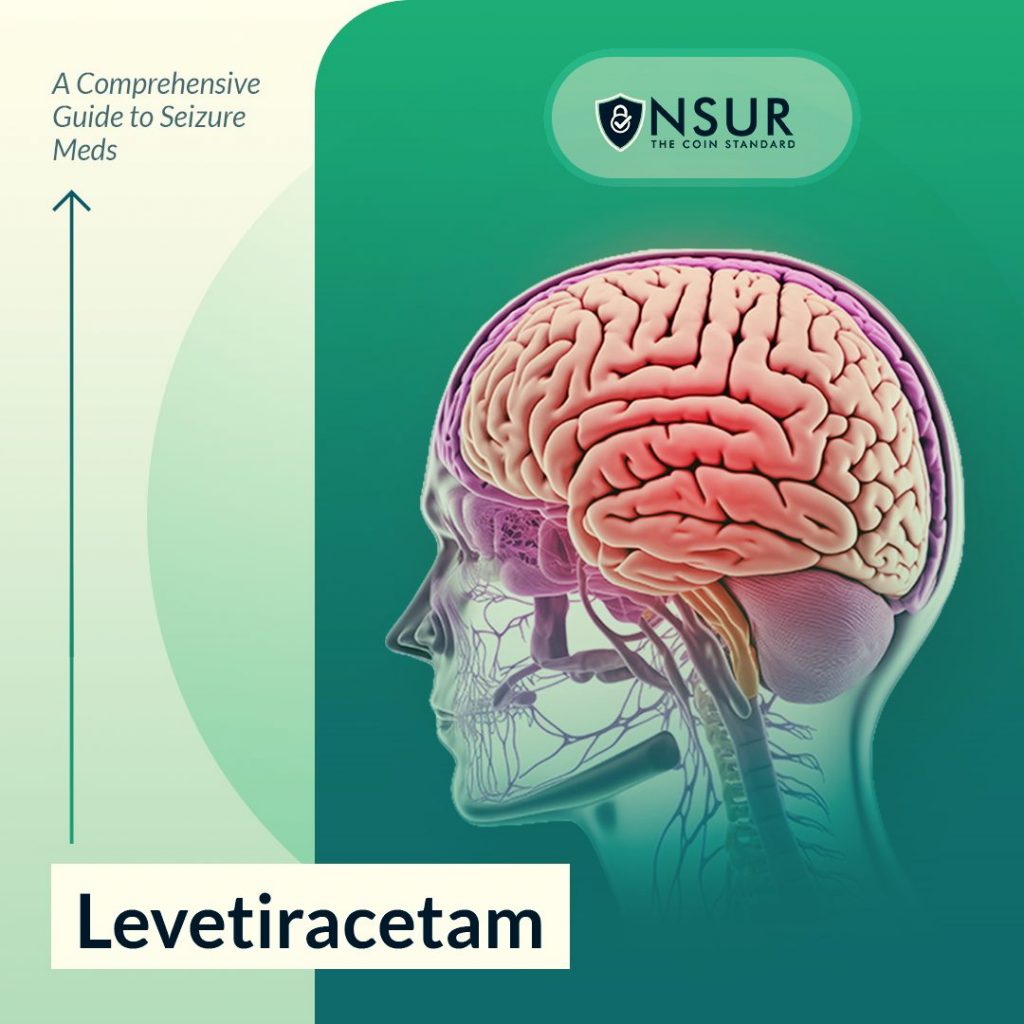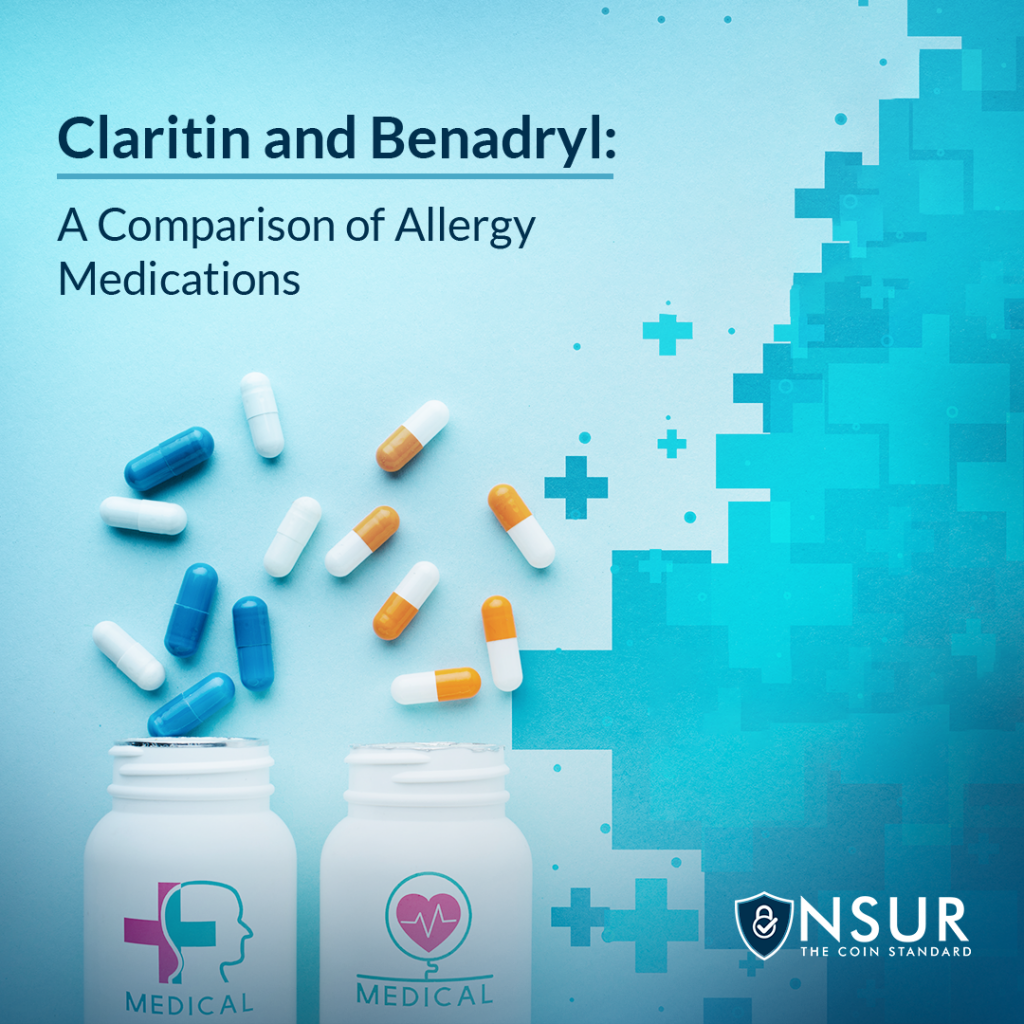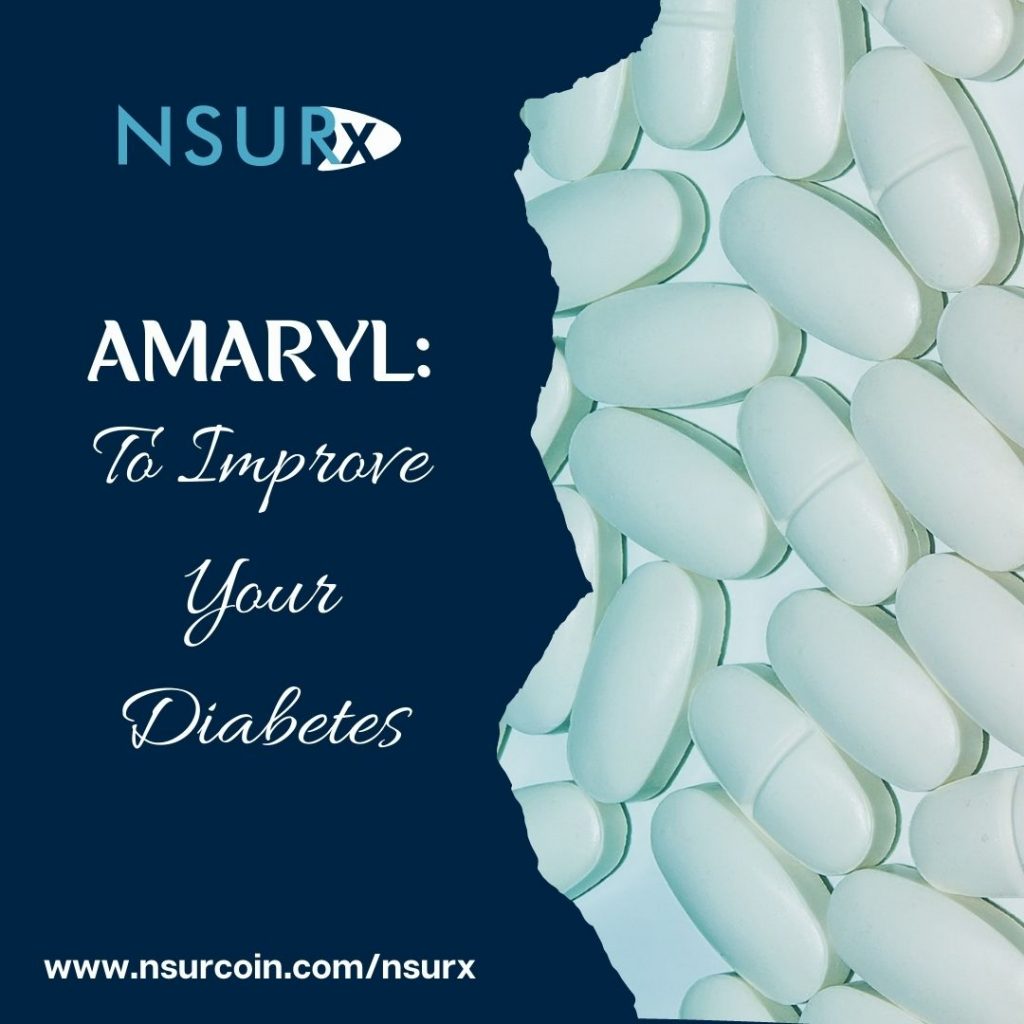
Seizures can be a daunting challenge, not just for those who experience them, but also for their loved ones. Understanding the medications used to control seizures is a vital step in managing this condition. Today, we’re focusing on Levetiracetam, a key player in the world of seizure medications. Here’s what you need to know about this important drug.
What is Levetiracetam?
Levetiracetam, known by the brand name Keppra among others, is an anticonvulsant medication used primarily to treat epilepsy. It is known for its effectiveness in controlling a wide range of seizure types, including partial onset seizures, myoclonic seizures, and tonic-clonic seizures.
How Does Levetiracetam Work?
The exact mechanism of action of Levetiracetam is not completely understood, which is somewhat common with many seizure medications. However, it’s believed to work by affecting the transmission of nerve signals in the brain, thereby reducing abnormal electrical activity that leads to seizures.
Dosage and Administration
Levetiracetam is available in several forms: tablets, oral solution, and injectable form. The dosage of Levetiracetam varies depending on factors like the type of seizures being treated, the age of the patient, and whether it’s being used alone or with other seizure medications. It’s crucial that it is taken exactly as prescribed by your doctor.
Effectiveness of Levetiracetam
Clinical studies have shown Levetiracetam to be highly effective, especially when used as an adjunctive therapy (i.e., in combination with other seizure medications). It has been successful in reducing the frequency of seizures in many patients, including those who have not responded well to other treatments.
Side Effects
Like all medications, Levetiracetam can have side effects. Common ones include drowsiness, dizziness, and fatigue. Some people may also experience more severe effects such as mood changes, behavioral changes, and rarely, skin rashes. It’s important to monitor for these effects and communicate with your healthcare provider about any concerns.
Considerations for Special Populations
Levetiracetam is generally considered safe for use in a wide range of populations, including children and the elderly. However, special considerations should be given to dosing in these groups. Pregnant or breastfeeding women should use Levetiracetam only if the benefits outweigh the risks, as there is limited data on its safety in these populations.
Interactions with Other Medications
Levetiracetam has fewer drug interactions compared to other antiepileptic drugs, making it a preferred choice in patients who are on multiple medications. However, it’s always important to discuss all medications you’re taking with your healthcare provider to ensure safety.
Lifestyle Considerations
Patients taking Levetiracetam should be mindful of lifestyle factors that can affect seizure control. These include maintaining a regular sleep schedule, avoiding excessive alcohol, and managing stress.
When to Contact Your Doctor
If you or someone you know is experiencing increased seizure frequency, side effects, or other concerns related to Levetiracetam, it’s important to contact a healthcare provider. Never stop or adjust the dose of your seizure medication without consulting a doctor, as this can lead to increased seizures.
Take advantage of NSURx for your prescription drugs!
With the NSURx Prescription Benefit Card, you can save money on your medications at more than 35,000 pharmacies across the United States.
You can save up to 80% on your medication by using an NSURx card. Hundreds of dollars in savings could be yours every time you fill out your prescription.
The more you shop with NSURx, the more NSUR Coins you will receive as a reward.
Conclusion
Levetiracetam represents a significant advancement in the management of seizures. Its ability to control various types of seizures with fewer side effects and drug interactions makes it an important option for many patients. As with any medication, it’s important to work closely with your healthcare provider to ensure it’s the right choice for your individual needs.
Disclaimer
This blog post is intended for informational purposes only and should not be considered a substitute for professional medical advice. Always consult with a qualified healthcare provider for personalized recommendations and guidance.











